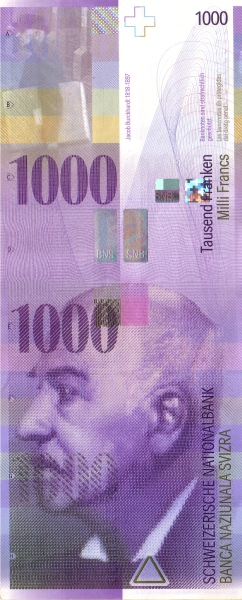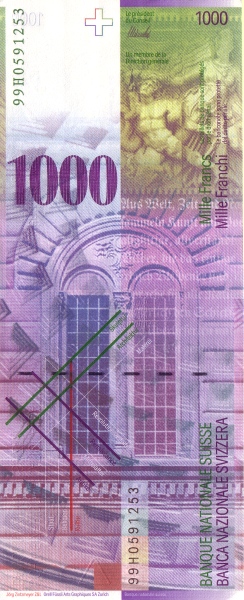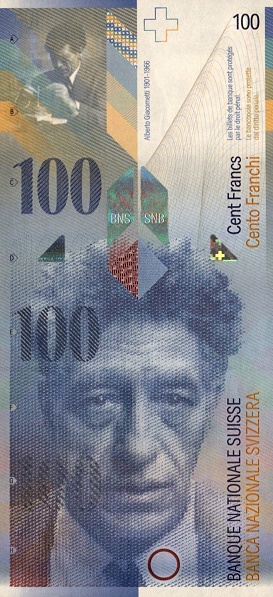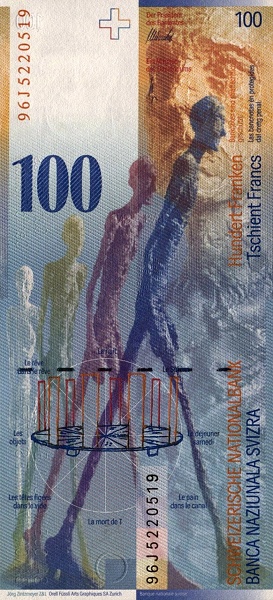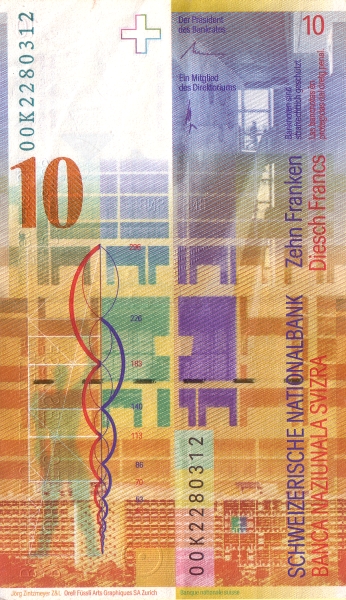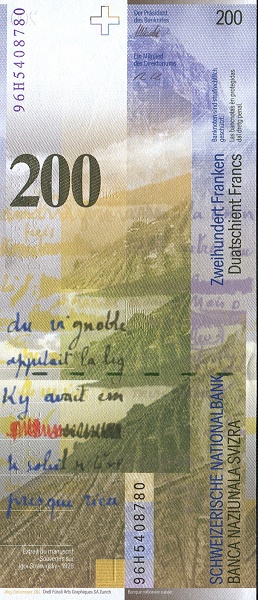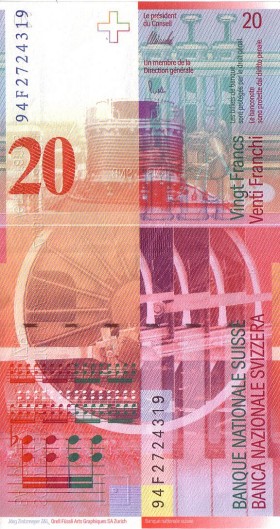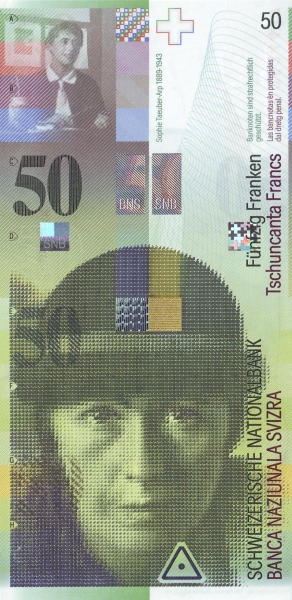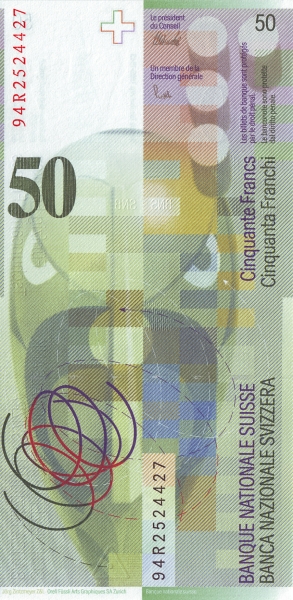Switzerland: A Brief Overview
Switzerland, formally known as the Swiss Confederation or Helvetia, captures the imagination with its breathtaking scenery and rich history. Nestled in the heart of South-Central Europe, this landlocked country shares borders with Austria, France, Germany, Italy, and Liechtenstein. Its compact area of 41,285 km² means it is slightly smaller than the Netherlands and nearly twice the size of New Jersey in the United States.
With a population hovering around 8.7 million as of 2020, Switzerland boasts a unique tapestry of languages. The official tongues include German, French, Italian, and Romantsch, reflecting the diverse cultural landscape across its cantons. Notably, the country ranked as the third happiest nation globally in the 2021 World Happiness Report, only surpassed by Finland and Denmark. This happiness stems not only from the stunning environment but also from the nation's robust economy and quality of life.
Geographical Diversity
Switzerland's geography is nothing short of captivating. The Swiss Alps dominate the southern region, offering some of the most picturesque views in the world. As you travel northward, the majestic Alps gradually give way to the Swiss Plateau. Here, rolling hills, expansive plains, and tranquil lakes create a harmonious landscape, with average elevations ranging between 400 meters and 700 meters. In contrast, to the northwest, the Jura mountains rise, presenting a unique sub-alpine terrain.
The Historical Context of Switzerland
In the 13th century, the Gotthard Pass emerged as a significant north-south crossing point, rapidly transforming the region into a hub of economic activity. The valleys of Uri, Schwyz, and Unterwalden became pivotal in the power dynamics of Europe, prompting the local inhabitants to establish a pact of mutual assistance. This pact laid the foundation for what would evolve into modern Switzerland, characterized by its commitment to unity and collaboration.
Neutrality and Independence
Switzerland's longstanding independence and renowned neutrality have garnered respect from major European powers. The country remained uninvolved in both World Wars, a testament to its diplomatic stance. However, as Switzerland integrated politically and economically into Europe over the past fifty years, questions regarding its neutrality arose. Its active participation in the United Nations and various international organizations further complicates this narrative, yet Switzerland has managed to maintain a unique position in global affairs.
Switzerland's Thriving Economy
Switzerland stands as a beacon of prosperity and modernity, characterized by a highly developed market economy. Low unemployment rates and a remarkably skilled labor force contribute to its impressive GDP per capita, one of the highest globally. What drives this economic success? A blossoming service sector, especially in financial services, and a manufacturing industry known for high-technology and knowledge-based production.
Labor Market Dynamics
The Swiss labor market exhibits remarkable productivity levels, with no federally mandated minimum wage. This flexibility fosters an environment where individuals can seek employment opportunities without artificial constraints. Moreover, the nation applies minimal price controls, ensuring that the market operates efficiently. Although heavily subsidized, Switzerland's agricultural sector remains largely protected, demonstrating a unique balance between free market principles and safeguarding local interests.
Global Corporations and Economic Ranking
Switzerland is home to numerous global corporations, showcasing one of the highest concentrations of Fortune 500 companies worldwide—an impressive statistic of nearly two such companies per million residents. Additionally, the country ranks second in Harvard's Country & Product Complexity Rankings, trailing only Japan while surpassing South Korea. This ranking underscores Switzerland's innovative capacity and its commitment to producing complex, high-quality goods.
Cultural Richness and Natural Beauty
Beyond its economic triumphs, Switzerland enchants visitors and residents alike with its rich cultural heritage. World-renowned for its donations, the country has shaped the landscape of arts, cuisine, and tradition. Moreover, the breathtaking natural beauty featuring lush green valleys, azure lakes, and striking peak views invites people to engage in outdoor activities and explore the stunning environment.
Conclusion
In conclusion, Switzerland presents a harmonious blend of natural splendor, rich history, and economic vitality. As this remarkable country continues to thrive on various fronts, it captivates the world with its commitment to neutrality, cultural diversity, and innovation. Traveling within Switzerland offers a glimpse into a nation that beautifully balances tradition and modernity, making it a compelling destination for anyone seeking adventure or tranquility.
Largest cities of: Switzerland
| City Name | Population | Year of foundation | |
| Zurich | 421,878 | 15 B | |
| Bern | 133,115 | 1191 | |
| Geneva | 203,856 | 582 B | |
| Basel | 178,120 | BC 3150 | |
| Lausanne | 139,111 | 589 B | |
| Lucerne | 82,000 | 870 | |
| St. Gallen | 75,889 | 612 | |
| La Chaux-de-Fonds | 37,661 | 1800 |
Switzerland: Money
